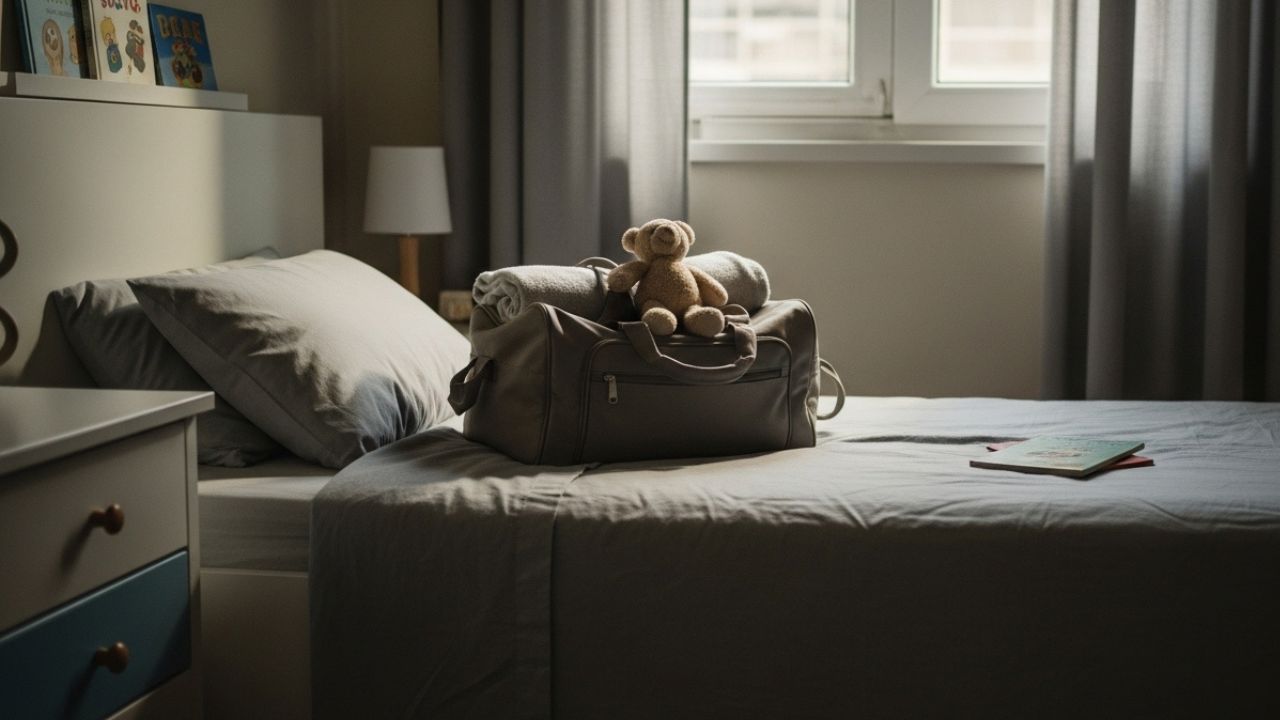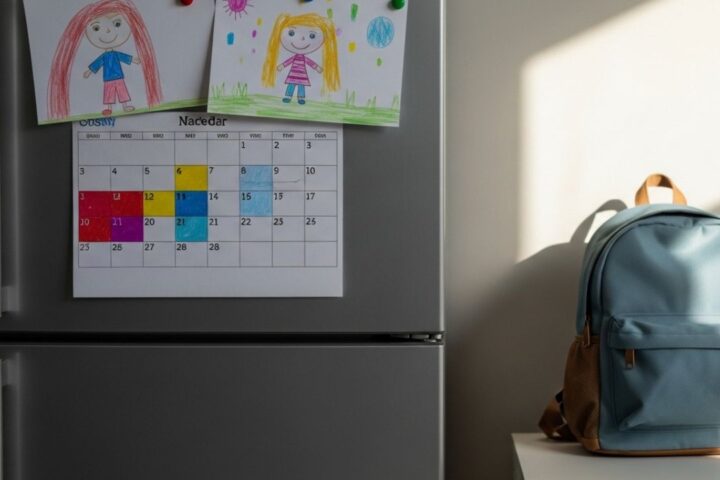In the middle of a divorce or custody case, it’s easy for parents to get swept up in court dates, legal terms, and paperwork. But what’s often lost in all of it is the most important voice of all, the child’s.
Over the years, I’ve sat across from parents who want the best for their kids but are hurting, angry, or scared. I’ve also seen what helps children come through these difficult transitions with less pain and more stability.
If there’s one thing I wish every parent knew, it’s this: your child doesn’t want a perfect outcome. They want to feel safe, loved, and heard.
What Kids Need Most During Divorce
Research and experience both point to a few clear needs for children when their parents separate:
- Stability. Kids thrive on routine. Knowing where they’ll be, who’s picking them up, and what to expect helps reduce anxiety.
- Low conflict. Studies show that it’s not the divorce itself that harms children most, but the level of conflict they’re exposed to.
- Permission to love both parents. Kids shouldn’t feel like they have to choose sides or carry the emotional burden of their parents’ relationship.
These needs might sound simple, but meeting them takes real intention from both parents and everyone involved in the process.
Common Mistakes Parents (and Lawyers) Can Help Avoid
Even the most loving parents can fall into patterns that make things harder for their kids. Some of the most common mistakes I see are:
- Speaking negatively about the other parent. Kids pick up on this, and it puts them in an impossible position.
- Using kids as messengers. Children shouldn’t be the go-between for adult conversations or conflicts.
- Focusing only on “winning.” When the goal becomes defeating the other parent, kids’ needs often get lost along the way.
As a lawyer, I see part of my job as helping parents step back and refocus on what matters most. It’s not about keeping score. It’s about protecting childhood.
Supporting Kids Emotionally, Not Just Legally
Legal agreements can set schedules and define terms, but they can’t give kids the emotional support they need. That part comes from parents and caregivers.
Here’s what helps:
- Keeping open communication, at an age-appropriate level, so kids feel informed but not overwhelmed.
- Letting them express their feelings without judgment. Sadness, anger, and confusion are all normal.
- Reassuring them that they are loved, that the divorce isn’t their fault, and that both parents will continue to care for them.
If you’re a parent going through this, know that it’s okay to ask for help — whether from counselors, family members, or friends. Taking care of yourself is part of taking care of your kids.
Why Centering Children Changes Everything
When we center children, we make better decisions. We argue less about being right and focus more on what’s best for them.
As a family law attorney, I’ve seen that when parents keep their child’s well-being at the heart of the process, outcomes tend to be healthier, less combative, and easier for everyone to live with.
Divorce is hard, but it doesn’t have to break families apart. With care and intention, it can reshape them in a way that still gives children what they need most: love, safety, and stability.


